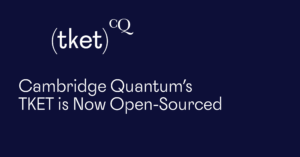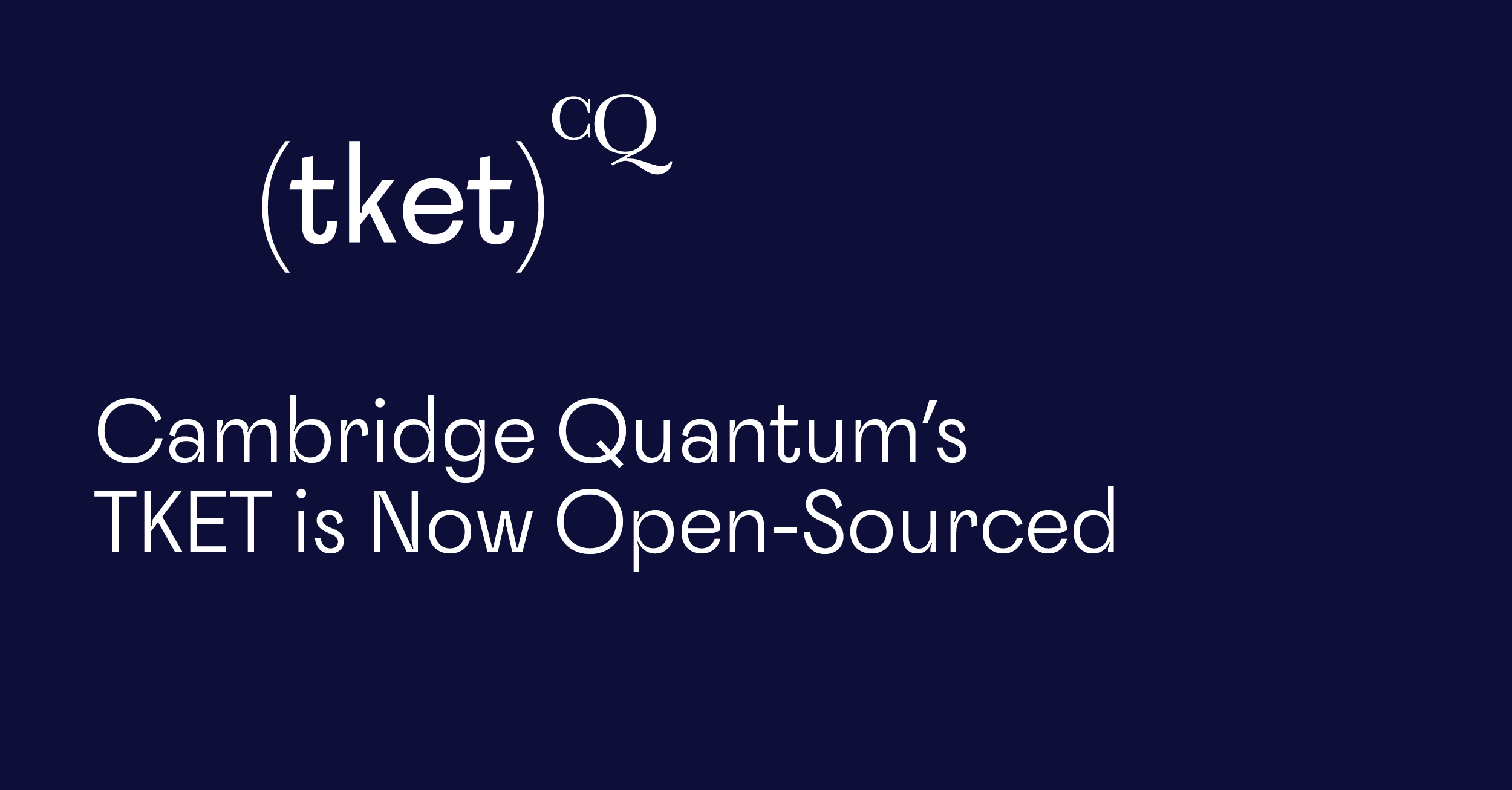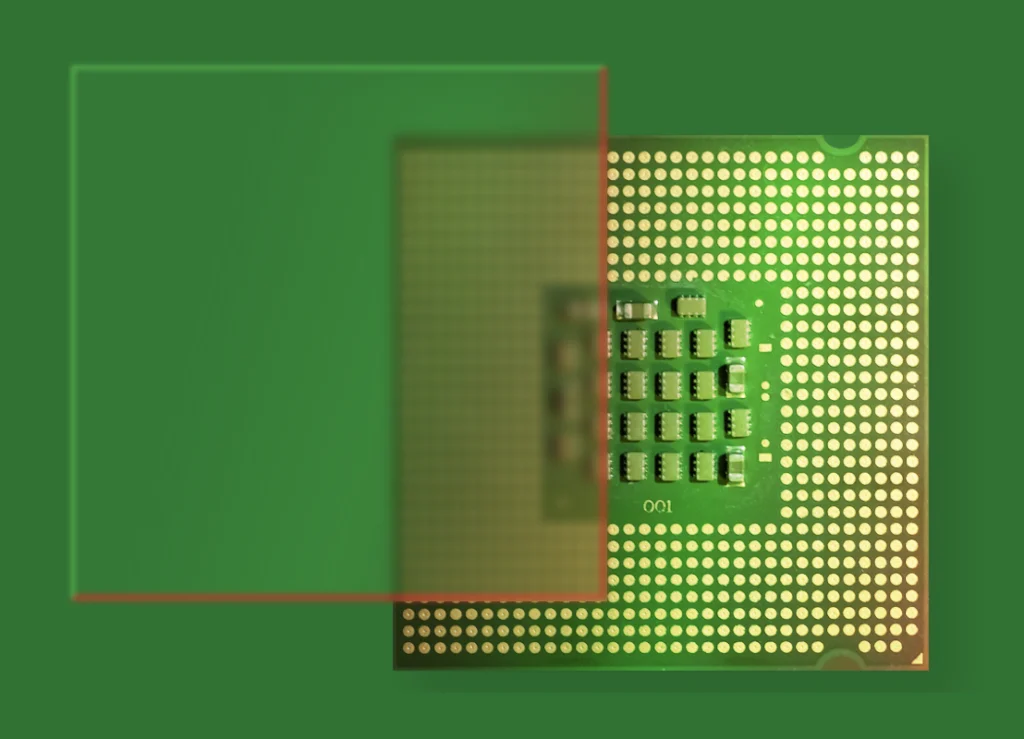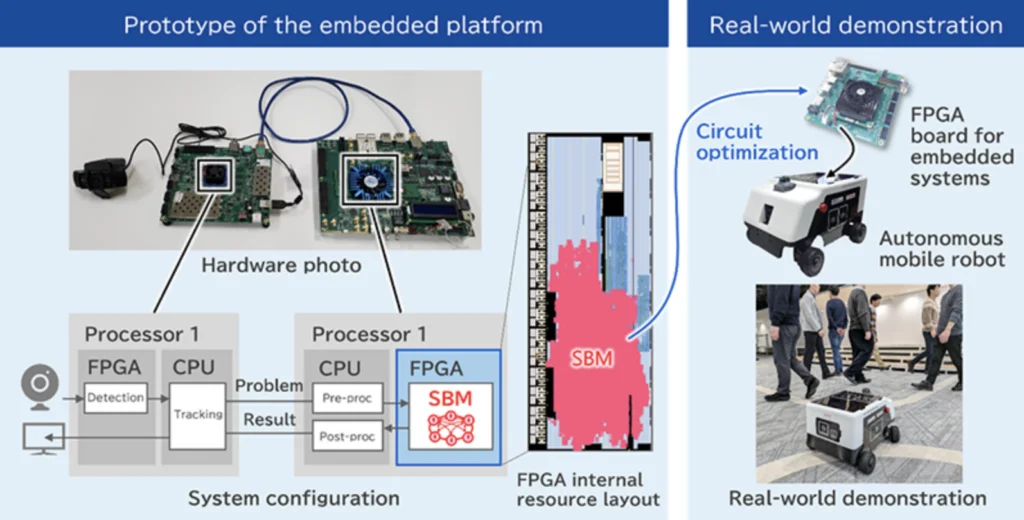
PRESS RELEASE — Cambridge Quantum (CQ) is pleased to announce that the latest version (v.0.15) of TKET (pronounced “ticket”), our class leading high-performance hardware-agnostic quantum software development kit, is now completely open-source and immediately available for all to use without restrictions.
Ilyas Khan, CEO of CQ, commented, “We first announced that TKET would be available on an ‘open-access’ basis earlier this year, with a commitment to become fully open-sourced by the end of 2021. During that period, a global community of software developers embraced and adopted our class leading product that delivers the best possible performance, whilst utilising existing platforms such as Qiskit and Cirq, as well as the largest collection of quantum processors available. The growth of the global TKET community has been astonishing and I am so pleased that we can now complete this part of our journey.”
Dr. Ross Duncan, Head of Software at CQ added, “Minimising gate count and execution time are very important in this Noisy Intermediate Scale Quantum (NISQ) era. TKET combines high-level hardware-agnostic optimisation for quantum circuits with target specific compilation passes for the chosen quantum device. This helps quantum computing users move seamlessly between quantum platforms, while maintaining consistent high performance. Users need only to focus on developing their quantum applications, not rewriting code around the idiosyncrasies of any particular hardware. At the same time, we help quantum computing hardware companies ensure that they can get the best performance from their processors.”
Open-sourcing permits for more transparency of the code, easier reporting of issues and more robust integrations. The rapidly growing quantum software community will now be able to make their own contributions or take inspiration and develop their own extensions to the codebase under the permissive Apache 2.0 license.

This development follows the open-sourcing of extensions which began in Version 0.8; extensions are Python modules which enable TKET to work with different quantum devices and simulators, and provide integration with other quantum software tools. Extensions are available for all the main quantum hardware and software platforms. You can learn more about these details in our documentation and tutorials on GitHub.
If you found this article to be informative, you can explore more current quantum news here, exclusives, interviews, and podcasts.















